105 years ago, 5% of women delivered their babies in a hospital. The rest delivered in their homes under the supervision of apprenticeship-trained midwives. In the time between then and now, we have seen those percentages completely reversed. There are many fascinating reasons why this shift occurred, many of which had to do with “progressive medicine” under the influence of a very prominent doctor who wrote the first textbook for male medical students that purported that the field of maternity/obstetrics was pathological. I’ll save you the history lesson, but Midwifery Today has a very well laid-out timeline, should you want to get the broad overview of obstetrics in the US.
A student recently sent me an article picked up by the Sacramento Bee on the significant rise of home birth in California. We decided to look into it more thoroughly and found that Lassen County has one of the highest percentages of home birth in California! When we looked at the numbers, we discovered that Lassen County has also underreported the home birth numbers by about 2/3, so if the actual number of home births that occurred were added into the central analysis, then it looks like Lassen would have the highest percentage of home birth in California at around 7% of total births occurring at home. How exciting!
The largest planned out-of-hospital birth study was published by MANA and took into account 17,000 women who chose to birth at home. The study showed a 5.2% Cesarean rate for full-term out-of-hospital births vs the 31% Cesarean rate in planned hospital deliveries. Babies also fared very well in the study. Ninety-seven percent of babies were carried to full-term, they weighed an average of eight pounds at birth, and nearly 98% were being breastfed at the six-week postpartum visit with their midwife. Only 1% of babies required transfer to the hospital after birth, most for non-urgent conditions.
Of course, the studies are helpful for providing more data on the safety of having a midwife-attended out-of-hospital birth - but you could also ask any number of women who have experienced the nurturing and nourishing care of a midwife in the comfort of their own home. If you have had a home birth, share your story!
A breast cancer survivor after her home birth.




